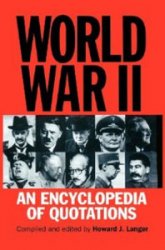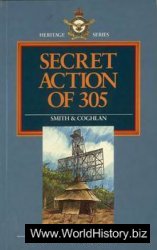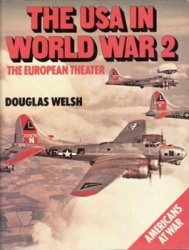No economy can remain untouched by the claims of large-scale modem
warfare, and the United States, like the European belligerents, saw the role
of govemment swell. For example, authorities in Washington took over the
operation of the nation's railroads. On December 26, 1917, President Wilson
named his secretary of the treasury, William G. McAdoo, head of the federal
government's Railroad Administration. With Hoover in charge of the food
supply, there remained only the country's industrial system to bring, at least
temporarily, under government direction.
On March 4, 1918, in order to direct war production. President Wilson
appointed Wall Street financier Bernard Baruch head of the War Industries
Board. Armed with only limited legal powers, Baruch nonetheless got the
cooperation of industry in providing goods of the highest priority for the
war effort. The War Industries Board successfully put pressure on steel
executives to limit prices, and it promoted measures to conserve vital
commodities and freight capacity. It increased industrial efficiency by
encouraging the standardization of products—everything from steel plows
to baby carriages to coffins. Promoting the substitution of paper wrappers
in place of pasteboard cartons and wooden boxes for civilian clothing, the
board freed over 17,000 freight cars for vital wartime use. The board served
as well as the purchasing agent for America's wartime partners. Its most
important task was allocating scarce resources. Thus, the board induced the
automobile industry to lower production of pleasure cars by threatening to
cut off its supplies of coal and steel.
|
|
||||||||
|
Www.WorldHistory.Biz
Sundries
 Contact Contact
|
 
11-08-2015, 16:47
The Federal Government and the Wartime Economy
  |
|||||||
 |
 |
 |
 |
|||||
|
||||||||

 World History
World History





